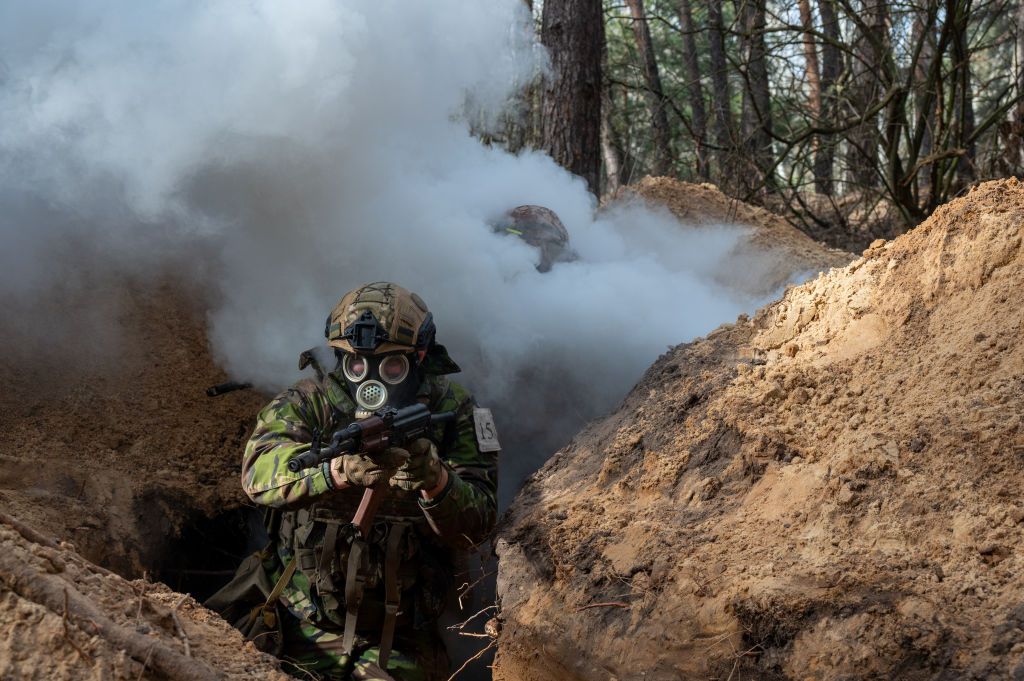Watchdog: Russian, Ukrainian accusations of chemical weapons use ‘insufficiently substantiated’

Accusations from both Ukraine and Russia that the other has used chemical weapons during the full-scale invasion remain "insufficiently substantiated," the Organization for the Prohibition of Chemical Weapons (OPCW) said on May 7.
Hundreds of cases of Russia using suffocating and tear gas grenades, usually dropped from drones, have been recorded since the start of the full-scale invasion, with the number of reported incidents increasing significantly in 2024.
"Both the Russian Federation and Ukraine have accused one another and reported allegations of use of chemical weapons to the Organization," the OPCW said in a statement.
"The information provided to the Organization so far by both sides, together with the information available to the Secretariat, is insufficiently substantiated."
The OPCW said the situation "remains volatile and extremely concerning" and reiterated that it was against international law to use "riot control agents at war on the battlefield."
The organization also noted it had not received official requests to investigate the use of chemical weapons from either Ukraine or Russia.

The U.S. State Department said on May 1 that Russian forces had used the chemical agent chloropicrin in Ukraine.
The Ukrainian military reported on April 23 that Russian forces were deploying chemical weapons in an attempt to capture the village of Ocheretyne in Donetsk Oblast.
Ukrainian military officials have previously accused Russia of using chloropicrin and other chemical weapons.
Chloropicrin is often used as an herbicide. According to the U.S. Centers for Disease Control (CDC), exposure to its vapors can cause severe irritation to the skin, eyes, and, if inhaled, internal organs.
Although less lethal than other chemical weapons, it was used extensively in World War I before the 1925 Geneva Protocol prohibited the use of chemical and biological weapons in war.
Ukrainian military officials have also said that Russia is deploying tear gas and other riot control chemicals, which are banned under the 1997 Chemical Weapons Convention (CWC), of which Russia is a signatory.
"The use of such chemicals is not an isolated incident and is probably driven by Russian forces' desire to dislodge Ukrainian forces from fortified positions and achieve tactical gains on the battlefield," the State Department said.













